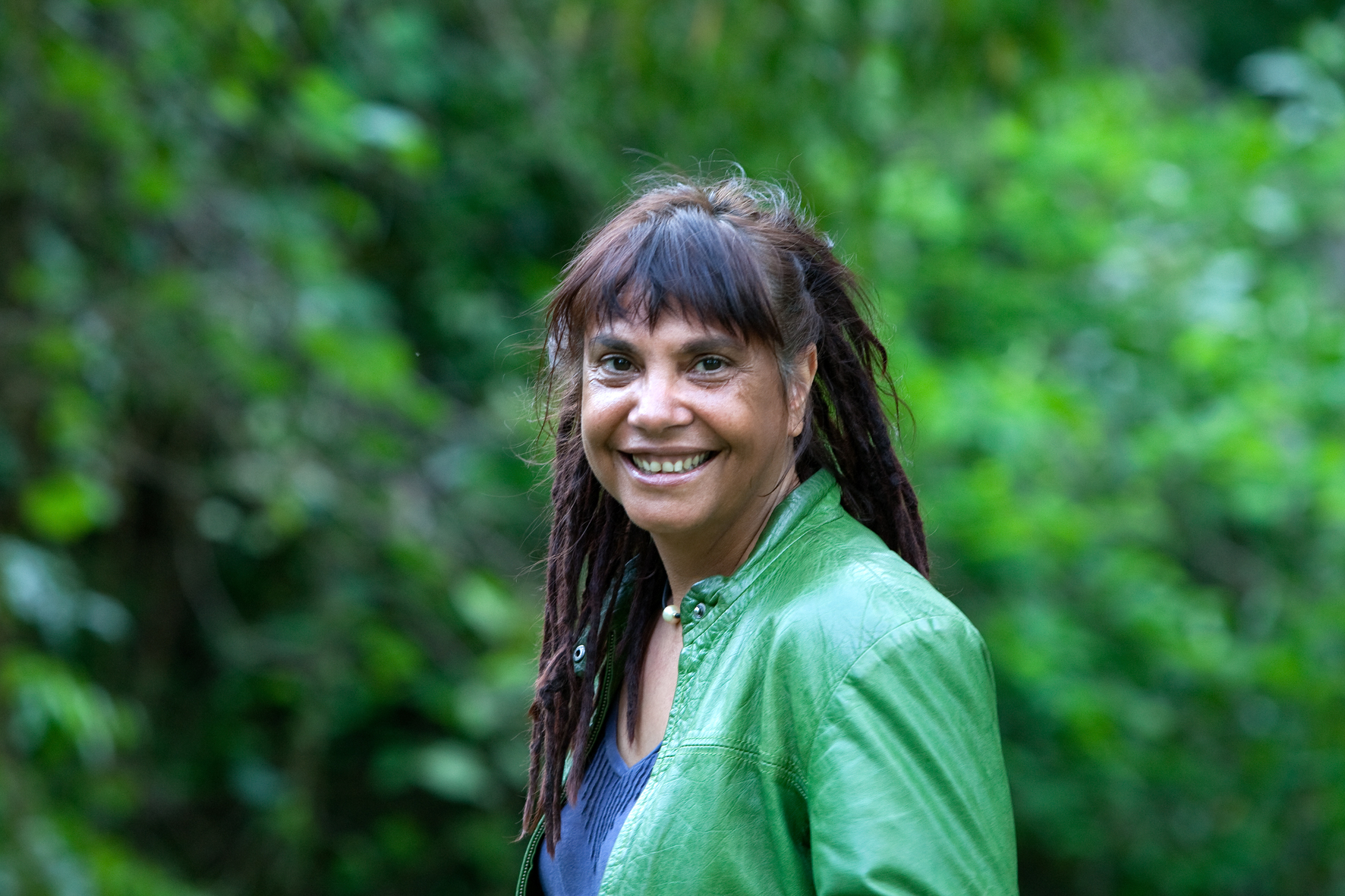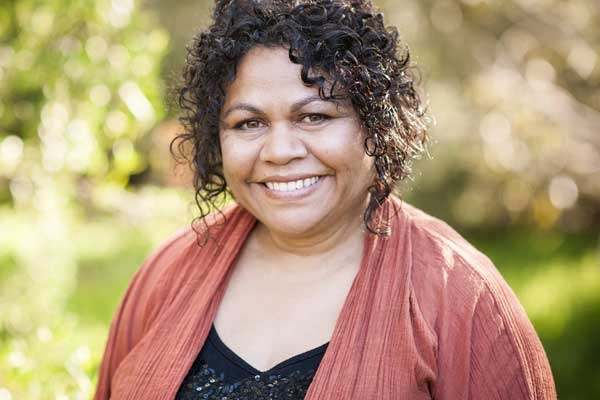Voices of the Land: Celebrating the Power and Beauty of Australian Aboriginal Female Singers
Voices of the Land: Celebrating the Power and Beauty of Australian Aboriginal Female Singers

The rich tapestry of Australian music is woven with the vibrant threads of Indigenous culture. For centuries, Aboriginal women have been powerful storytellers, singers, and musicians, their voices carrying the wisdom, resilience, and spirit of their ancestors. Their music, a blend of traditional chants, contemporary melodies, and soulful storytelling, reflects the unique experiences of Aboriginal women in Australia, from the ancient landscapes to the challenges of modern life.
This article delves into the extraordinary world of Australian Aboriginal female singers, exploring their diverse musical styles, the profound impact of their work, and the vital role they play in preserving and celebrating Indigenous culture.
Related Articles: Voices of the Land: Celebrating the Power and Beauty of Australian Aboriginal Female Singers
- Woven Into The Earth: Understanding The Indigenous Connection To Land
- Building A Buzzworthy Home: A Guide To Native Bee Hives In Australia
- Hopping Into Art: A Guide To Kangaroo Paintings
- The Wiradjuri: Guardians Of The Land, Keepers Of The Culture
- The Lingua Franca Of Down Under: Exploring Australia’s Official Language
A Legacy of Song and Storytelling:
Aboriginal music is deeply intertwined with the land and its people. For millennia, women have used song to transmit knowledge, share stories, and connect with the spirit world. Traditional songs, often accompanied by clapping, rhythmic drumming, and didgeridoo, are infused with symbolism and meaning, reflecting the deep connection Aboriginal people have with their ancestral lands.
The Pioneers: Trailblazers in the Music Industry:
The 20th century witnessed the emergence of groundbreaking Aboriginal female singers who challenged the status quo and paved the way for future generations. One such pioneer was Ruby Hunter, a renowned singer, songwriter, and activist. Hunter’s powerful voice, combined with her poignant lyrics, spoke to the struggles and triumphs of Aboriginal people, earning her widespread recognition and respect.
The Rise of Contemporary Voices:
In recent decades, a new wave of Aboriginal female singers has emerged, captivating audiences with their unique blend of traditional and contemporary styles. Jessica Mauboy, a powerhouse vocalist, rose to prominence through the popular television show "Australian Idol," showcasing her exceptional talent and captivating stage presence. Her music spans genres, from pop and R&B to soul, and her powerful vocals have earned her numerous accolades and international acclaim.
Embracing Tradition and Innovation:
Many contemporary Aboriginal female singers actively incorporate traditional elements into their music, blending ancient melodies with modern production techniques. Gurrumul Yunupingu, a blind musician and songwriter, achieved global recognition for his unique blend of traditional Yolngu music and contemporary sounds. His haunting vocals, accompanied by the didgeridoo and other traditional instruments, created a mesmerizing soundscape that resonated with audiences worldwide.

Sharing Stories and Raising Awareness:
Beyond their musical talents, Aboriginal female singers play a crucial role in raising awareness about Indigenous issues and promoting cultural understanding. Archie Roach, a singer-songwriter and activist, uses his music to shed light on the Stolen Generations, a dark chapter in Australian history. His heartfelt lyrics and powerful performances have sparked important conversations about reconciliation and social justice.
Empowering Voices, Inspiring Change:
The voices of Aboriginal female singers are not just beautiful melodies; they are powerful instruments for social change. Their music challenges stereotypes, celebrates Indigenous culture, and inspires audiences to embrace diversity and respect the rights of First Nations people.
The Future of Aboriginal Music:

The future of Aboriginal music is bright, with a new generation of talented singers emerging, pushing the boundaries of creativity and carrying the torch of their ancestors. Thelma Plum, a rising star, combines her Indigenous heritage with pop and hip-hop influences, creating a vibrant and dynamic sound that resonates with young audiences.
Beyond the Stage: The Legacy Continues:
The impact of Aboriginal female singers extends beyond the music industry. Their voices inspire young Indigenous women to pursue their dreams, break down barriers, and become leaders in their communities. Their music serves as a powerful reminder of the resilience, creativity, and cultural richness of Aboriginal people.
FAQ About Australian Aboriginal Female Singers:
Q: What are some of the most popular Australian Aboriginal female singers?

A: Some of the most popular Australian Aboriginal female singers include Ruby Hunter, Jessica Mauboy, Gurrumul Yunupingu, Archie Roach, Thelma Plum, and many others.
Q: How do Aboriginal female singers incorporate traditional elements into their music?
A: They often use traditional instruments like the didgeridoo, clap sticks, and other percussion instruments. They also draw inspiration from ancient melodies, storytelling techniques, and cultural themes.
Q: What impact do Aboriginal female singers have on Indigenous communities?
A: They serve as role models, inspire young Indigenous women, and promote cultural pride and awareness. Their music also helps to preserve and revitalize traditional Indigenous culture.
Q: What are some of the challenges faced by Aboriginal female singers?
A: They often face challenges related to racism, discrimination, and limited opportunities in the music industry. However, they are overcoming these obstacles and making their voices heard.
Q: What is the significance of Aboriginal music in Australian culture?
A: Aboriginal music is an integral part of Australian culture, reflecting the unique history, beliefs, and experiences of the First Nations people. It is a powerful expression of resilience, creativity, and cultural identity.
Conclusion:
The voices of Australian Aboriginal female singers are a testament to the enduring spirit of Indigenous culture. Their music carries the stories of their ancestors, celebrates their heritage, and inspires generations to come. By embracing their unique talents and amplifying their voices, we can create a more inclusive and equitable future for all Australians.

Closure
Thus, we hope this article has provided valuable insights into Voices of the Land: Celebrating the Power and Beauty of Australian Aboriginal Female Singers. We appreciate your attention to our article. See you in our next article!